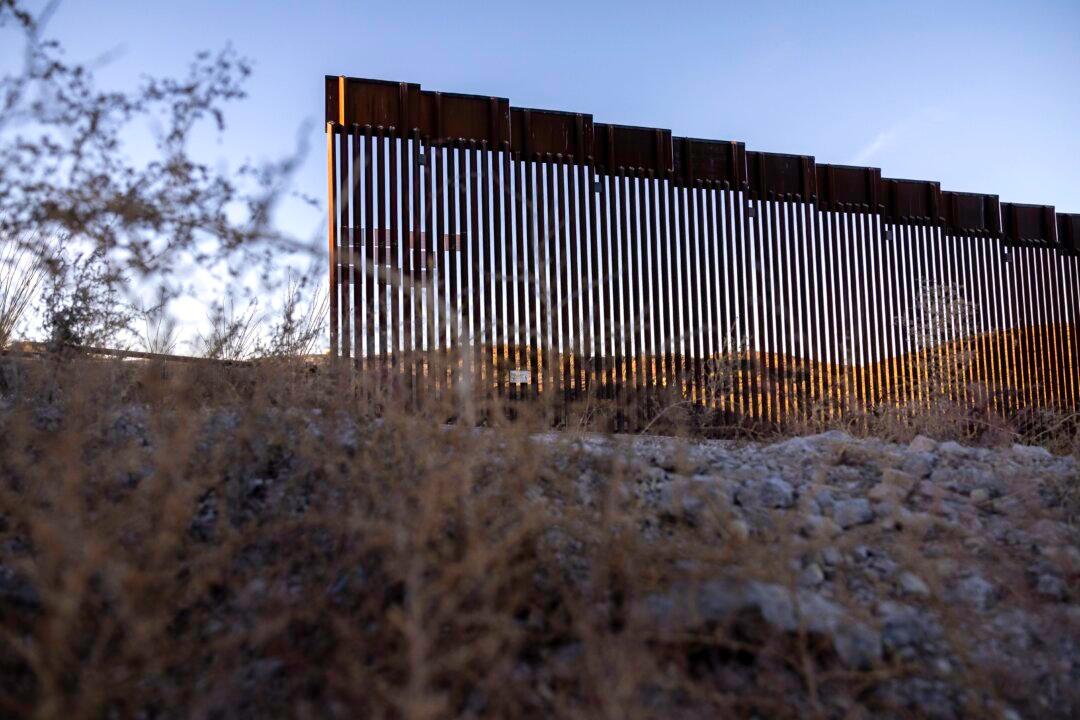Marijuana usage during the first trimester of pregnancy can result in infants having lower body weight and decreased head circumference, which could create multiple health issues for the child, according to a recent study.
Researchers also found “significant deficits” in head circumference. Infants born to women who used marijuana had a head circumference deficit of 0.83 cm, while those born to women who used marijuana throughout pregnancy had a deficit of 0.79 cm. The length of the baby was found to be “not significantly predicted” by marijuana exposure.
The study pointed out that low birth weight and decreased head circumference are associated with several neurological and psychological issues as well as health complications.
“Low birth weight has also been associated with obesity later in adolescence or adulthood with the possibility of early catch-up growth as a contributing factor to this. Low birth weight with early catch-up growth is also suggested to increase the risk of childhood hypertension.”
Marijuana and Placenta
A Feb. 9 study by researchers at the University of Utah Health analyzed urine samples from 9,257 pregnant women in their first trimester, out of which 540 tested positive for marijuana, indicating that these individuals had likely used marijuana in the first 6 to 14 weeks of pregnancy.It discovered that using marijuana early during pregnancy was associated with “adverse pregnancy outcomes related to the placenta,” like stillbirths, poor fetal growth, and a greater risk of developing high blood pressure during pregnancy.
Placenta plays a crucial role in the development of the fetus as it provides the infant with nutrients and oxygen while removing harmful waste and carbon dioxide. If a pregnant woman was to consume medicines, drugs, alcohol, or nicotine, such substances could transfer from their bloodstream into the baby via the placenta.
The American College of Obstetricians and Gynecologists (ACOG) recommends that women who are pregnant, plan on getting pregnant, or are breastfeeding avoid using marijuana.
Marijuana Legalization and Pregnancy
The May 16 study pointed out that marijuana is the “most popular illicit drug” in the United States and is most prevalent among users aged 18 to 25 while highlighting the pitfalls of legalizing it.“With legalization has come increased perception of safety, and research has revealed that many dispensaries have recommended marijuana to pregnant women to ease symptoms of pregnancy, especially morning sickness,” it said.
“Indeed, a recent study found that women in states with legalized recreational marijuana were more likely to consume marijuana during the preconception, prenatal, and postpartum periods vs. women in states where marijuana is illegal.”
As of April 20, marijuana was approved for recreational use in 20 American states. In 27 states, marijuana is allowed for medical purposes. Only three states prohibit marijuana entirely—Idaho, Nebraska, and Kansas.





